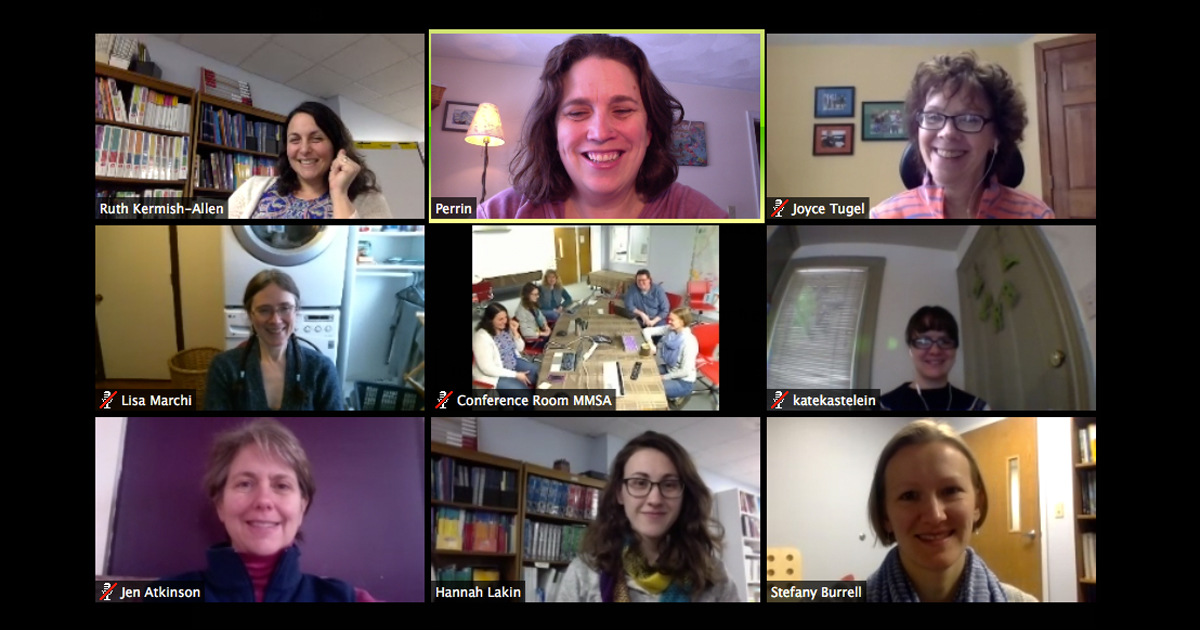An engaged and empowered atmosphere leads to improved retention, attendance, accuracy, productivity, safety, profitability and a variety of other measureable indicators of success, Steffes noted. How can leaders create at atmosphere that leads to a feeling of empowerment amongst team members? Project and embody a "genuine, authentic desire to see people succeed." An important factor in making employees believe you wish to see them succeed: Create an atmosphere where staff feels appreciated, engaged, valued, empowered and accepted—an atmosphere where the staff doesn't just understand the vision of the afterschool program, but feels they are a part of that vision.
Steffes identifies a variety of strategies leaders can employ to create such an atmosphere, but they all contribute to an overall goal: compassionate leadership. "Compassionate leadership creates neural residence. It tears down barriers between individuals. It creates a bond."
- One method of showing compassion and making employees feel valued is to support them when they are struggling. "Take the time to find out what's going on. Mentor them—give them the support they need. Don't use ultimatums or intimidation. Employees who are in fear paralyze their ability to rise to their full potential."
- Supporting employees in their success is another element of compassionate leadership. Steffes recommends tangible recognition, such as cumulative reward cards that could be exchanged for a gift card, bonus or logo wear once a certain level had been achieved; handwritten notes acknowledging specific accomplishments; a public recognition board; team compensation; published recognition; or even a "white elephant" prize passed from employee to employee.
- Periodic surveys are another strategy for giving your team a voice. Steffes recommends using an outside party to conduct a survey every six months.
Steffes notes a common thread evident in workplaces where employees feel empowered is necessary significance—a work place where employees feel needed, valued and heard.
Written by Jennifer Reynolds, AfterSchool Today magazine staff writer, who based this article on information presented by Michelle Steffes, a 25-year Leader, Certified Coach, Consultant, Trainer and Speaker. Michelle is President of IPV Consulting. Learn more at http://ipvconsulting.com.




